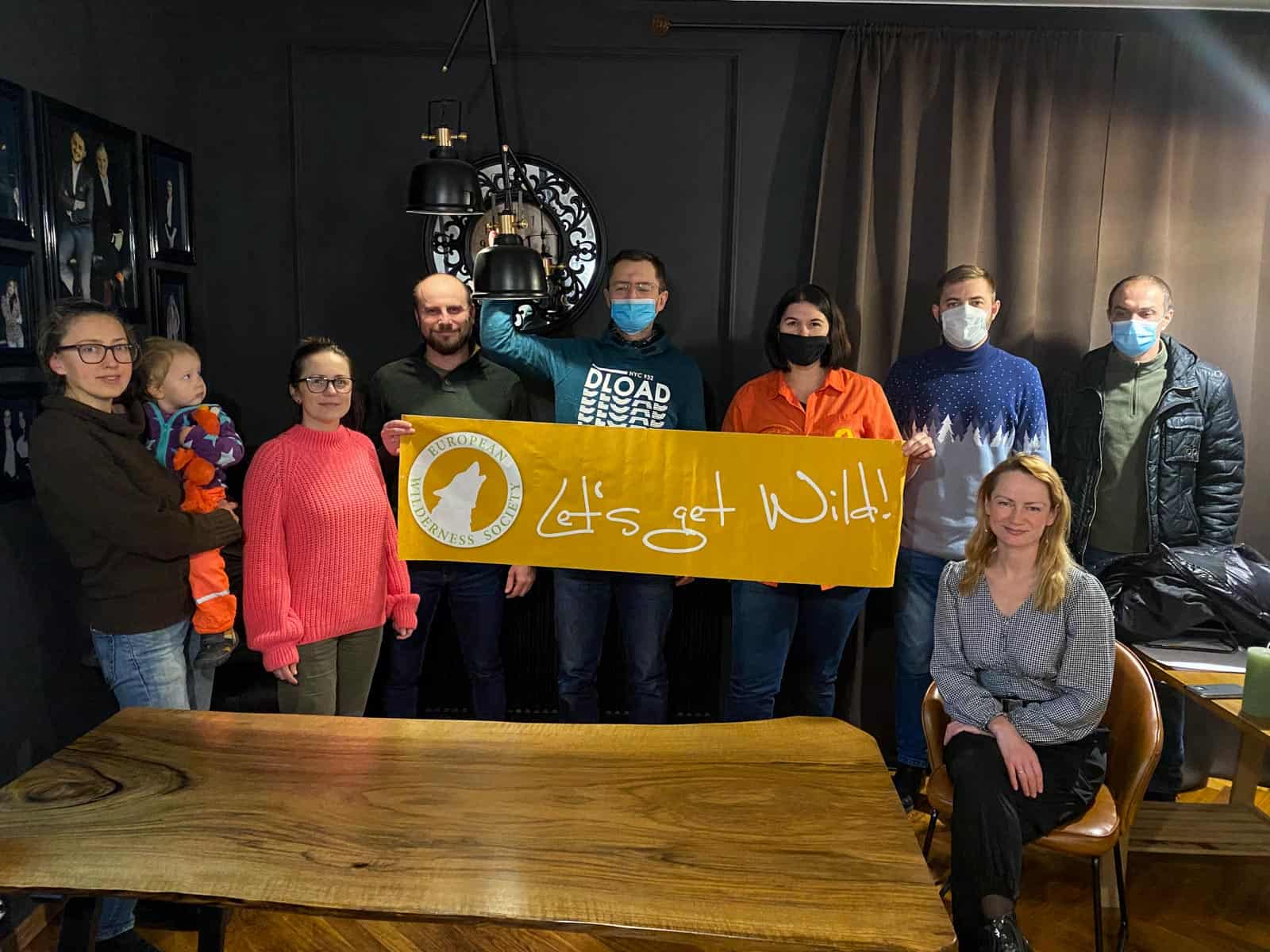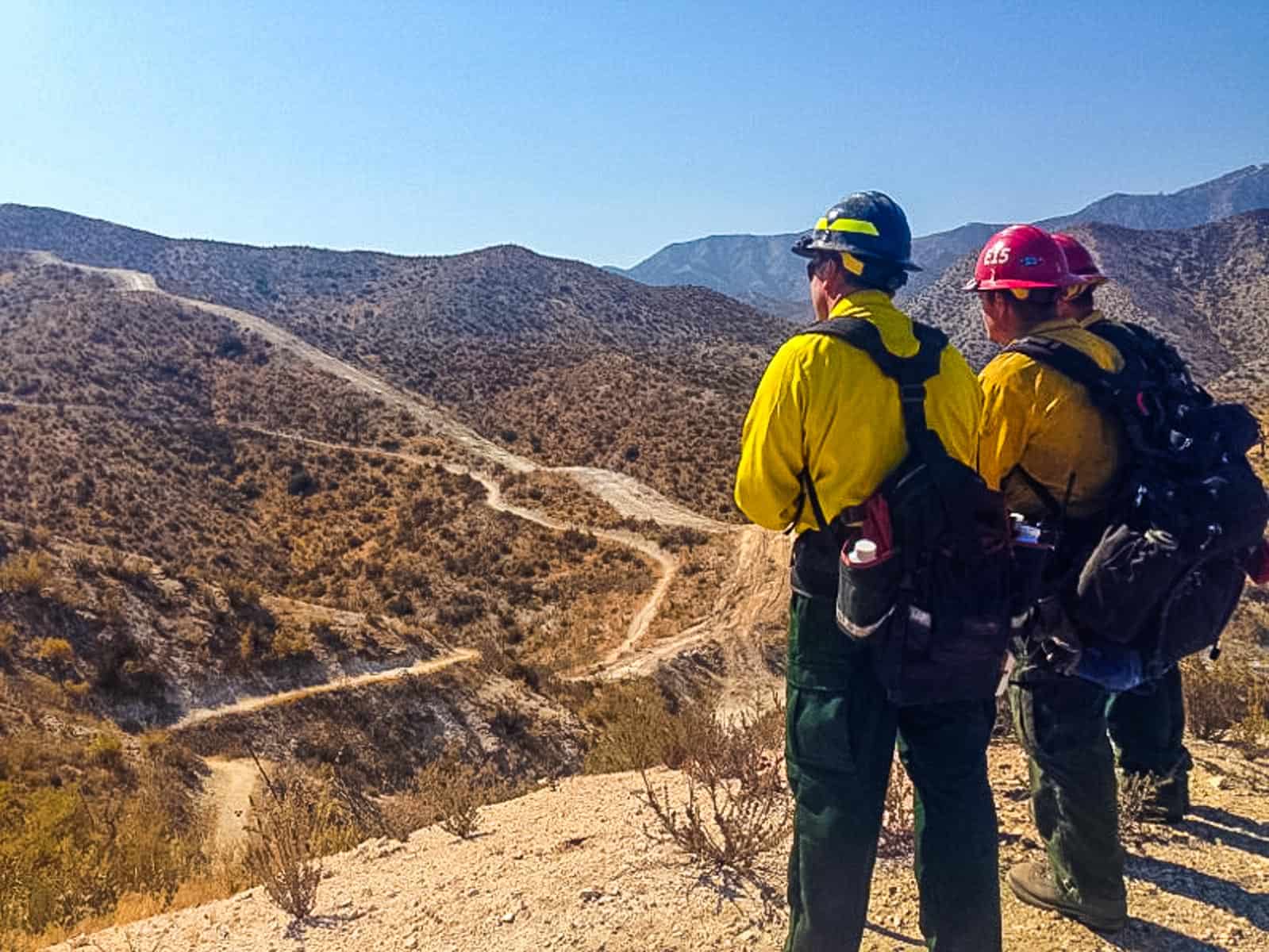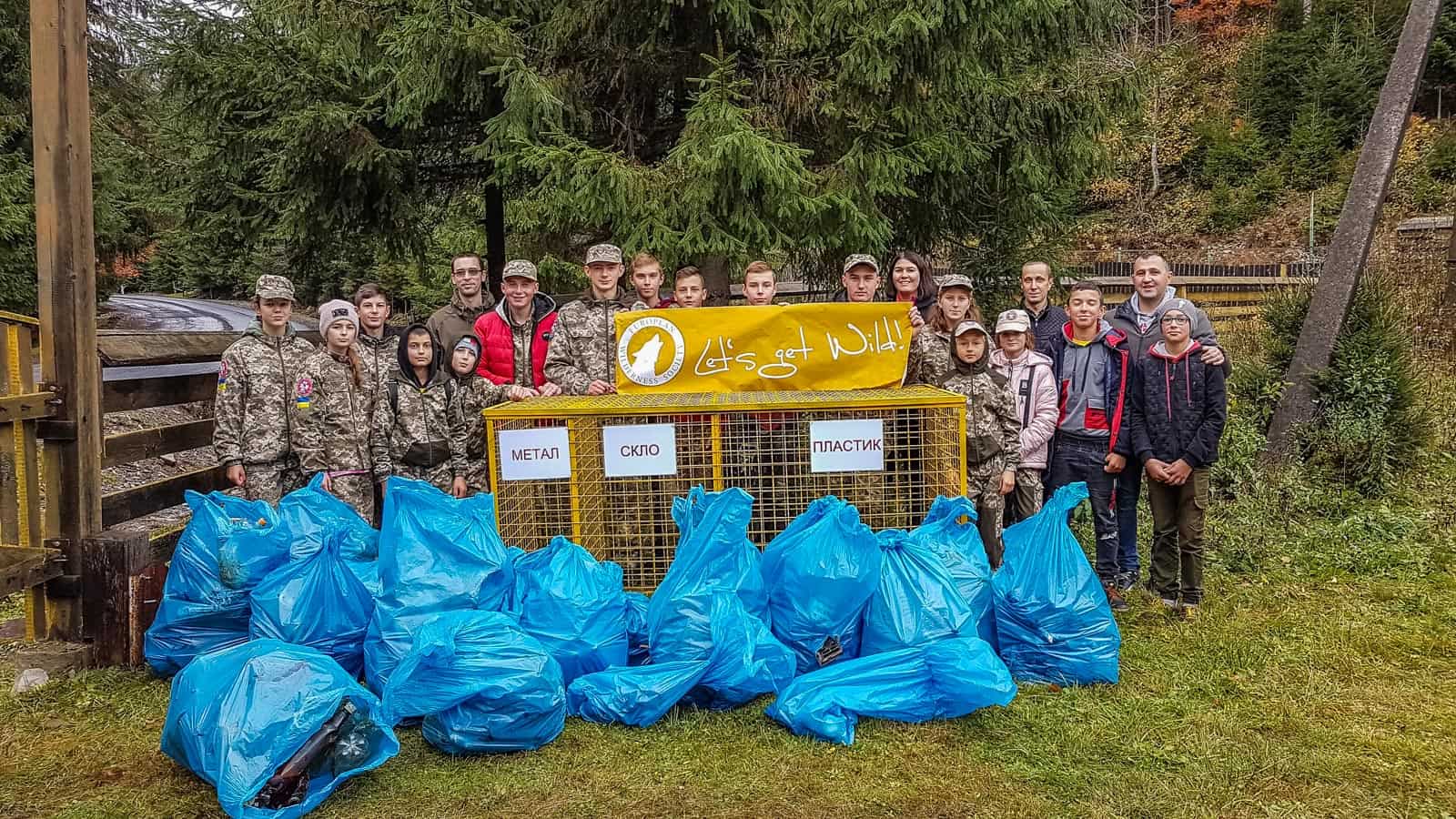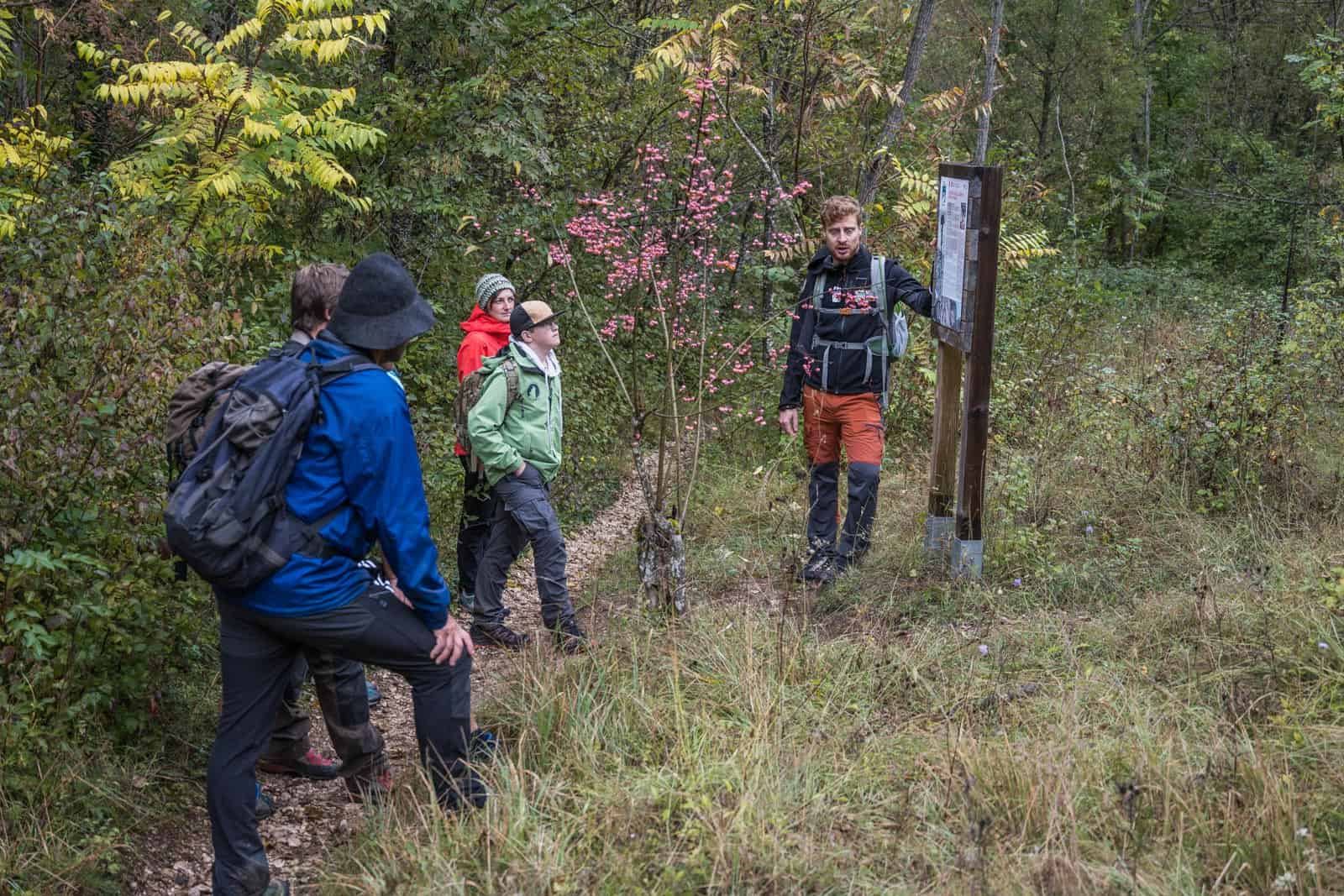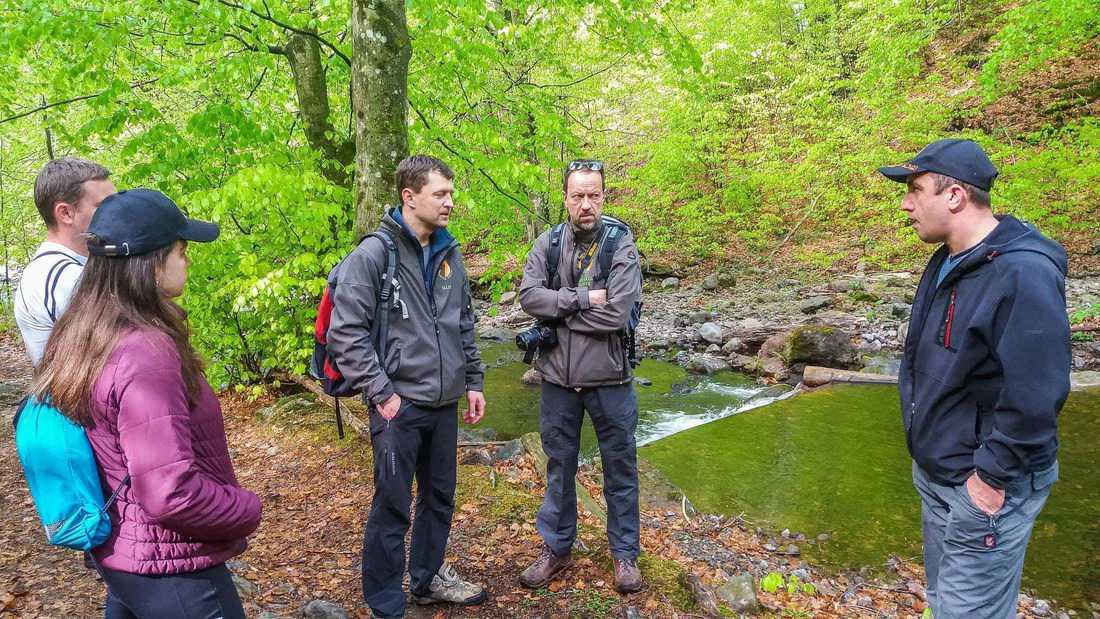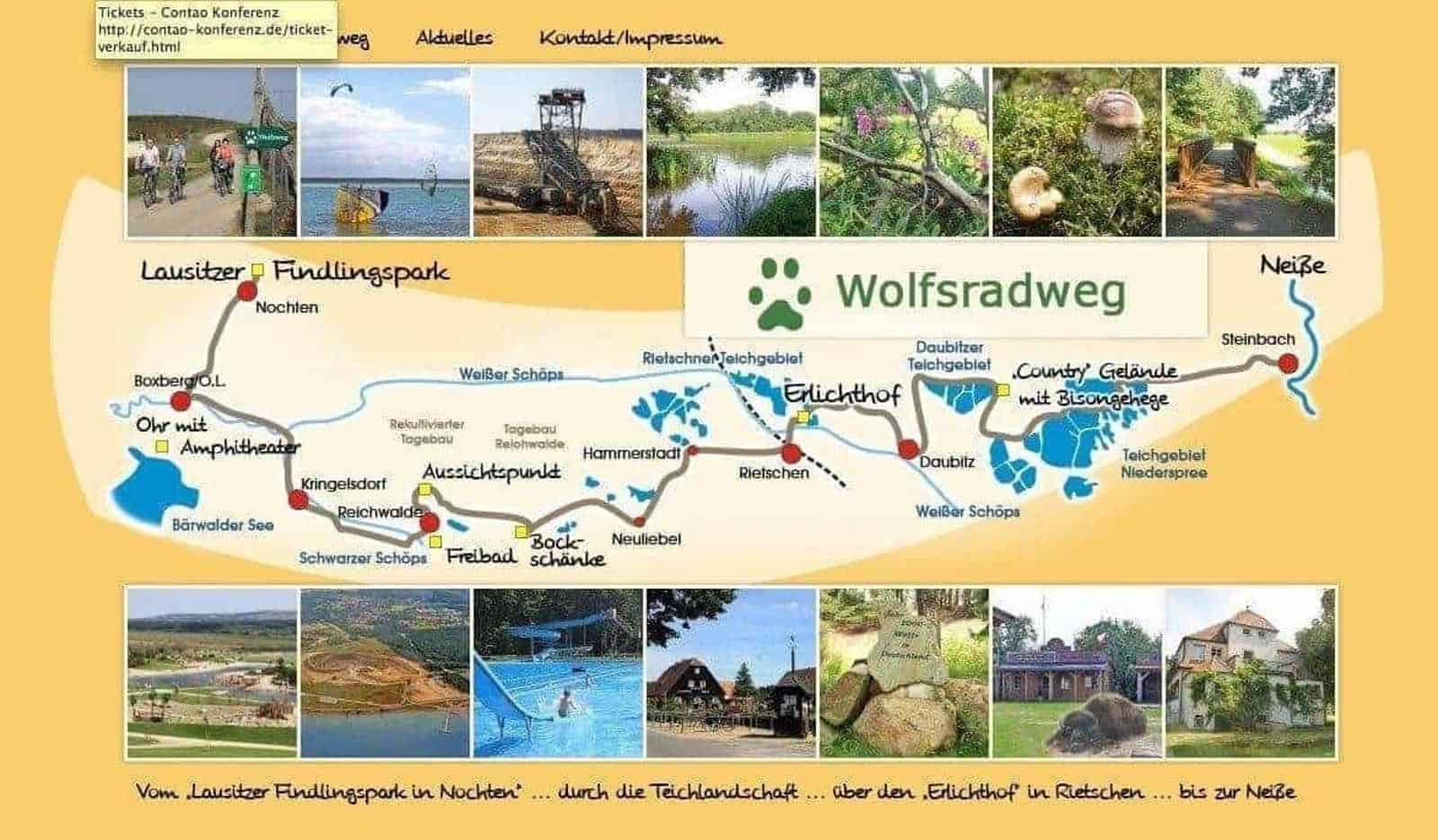Which city is going to become the Capital of Smart Tourism in 2023?
On 1 June 2022, the first phase of the European Capitals of Smart Tourism 2023 competition was officially closed. 29 cities from 13 the European countries applied for this status. From June to August 2022 application will be reviewed and evaluated. Finally, judges will put score for each city in four individual categories: Accessibility, Sustainability, Digitalization and Cultural Heritage and Creativity.
What does these categories mean?
🟡 Accessibility
Accessibility includes services that are multilingual and digitally available to all travellers and visitors, regardless of their age, cultural background or their physical disability.
🟠 Sustainability
Being sustainable does not only mean to manage and protect your natural resources as a city, but to reduce seasonality impacts on the environment and to involve the local community.
🟢 Digitalisation
A digital city uses digital technologies to enhance all aspects of the tourism experience, enabling simpler access to services for all travellers, as well as to help local businesses to grow.
🔵 Cultural Heritage
Protect and capitalise on the cultural heritage as well as local potential and its creative assets for the benefit of the tourism destination, the industry and the visiting tourists in general.
In September 2022 experts will shortlist the seven destinations with the highest overall score. Shortlisted cities will be invited in November to present their candidatures in front of a European Jury who will select the 2023 European Capitals of Smart Tourism.
In 2022 Bordeaux and València won this title. They set an example of how touristic destinations can respond to the social, economic and climate challenges with digital technologies.

València: where culture meets technology
With sustainability at the core of its tourism’s strategy, València has adopted a vast number of sustainable and environmental initiatives, from an extensive bicycle path network to over five million square meters of green areas. Furthermore, in 2020 València became the first city in the world to certify the carbon footprint of its tourism activity and has pledged to become carbon neutral by 2030.
València has achieved international certifications (double ITU and ISO) as a sustainable, smart city. The VLCi Platform, the city’s core digital infrastructure, fosters more efficient services and growth. Thanks to digital tools, València was capable to bring cultural experiences to a new dimension during the Fallas festival.

Bordeaux: Capital of French wine and sustainable event management
Green areas occupy half of the urban space, with far-reaching hiking trails within the metropolitan area. In addition, more than 65% of the surface area for Bordeaux vineyards has received certification for their environmental efforts and €1.2 million has been invested in research, notably into the reduction of the use of pesticides.
Bordeaux boasts the largest urban area to be recognised as UNESCO World Heritage Site, with more than 350 historical buildings. Similarly, the city is famous for its intense activity, with many events and conventions organised in Bordeaux year-round. The Bordeaux Convention Bureau is constantly involved in the management and organisation of these events to guarantee positive social and environmental impacts, for which it has received sustainable event management certifications. Additionally, a tourism sustainability roadmap was published in May 2022, the result of a series of consultation and workshops held by the Bordeaux Municipality. Drawing opinions from residents and businesses, the authorities have developed an action that aims to convert Bordeaux in the capital of sustainable event management.
Austria is also developing and implementing smart tourism. A few years ago the Viennese municipality started its city modernisation according to the “Smart City Vienna framework strategy” for 2050 with the overarching goal of-increasing the inhabitants ́ quality of life by optimising the utilisation of resources. You can see more information here.
European Wilderness Society is actively involved into this process with project SMART Tourism Skills Initiative aims at improving competences of educators on smart tourism in cities through the elaboration of high-quality learning tools and supporting materials that are easy-to-use.
You also can contribute to our project! Please, fill Smartourism Needs Assessment survey in Austria in English or in German.


